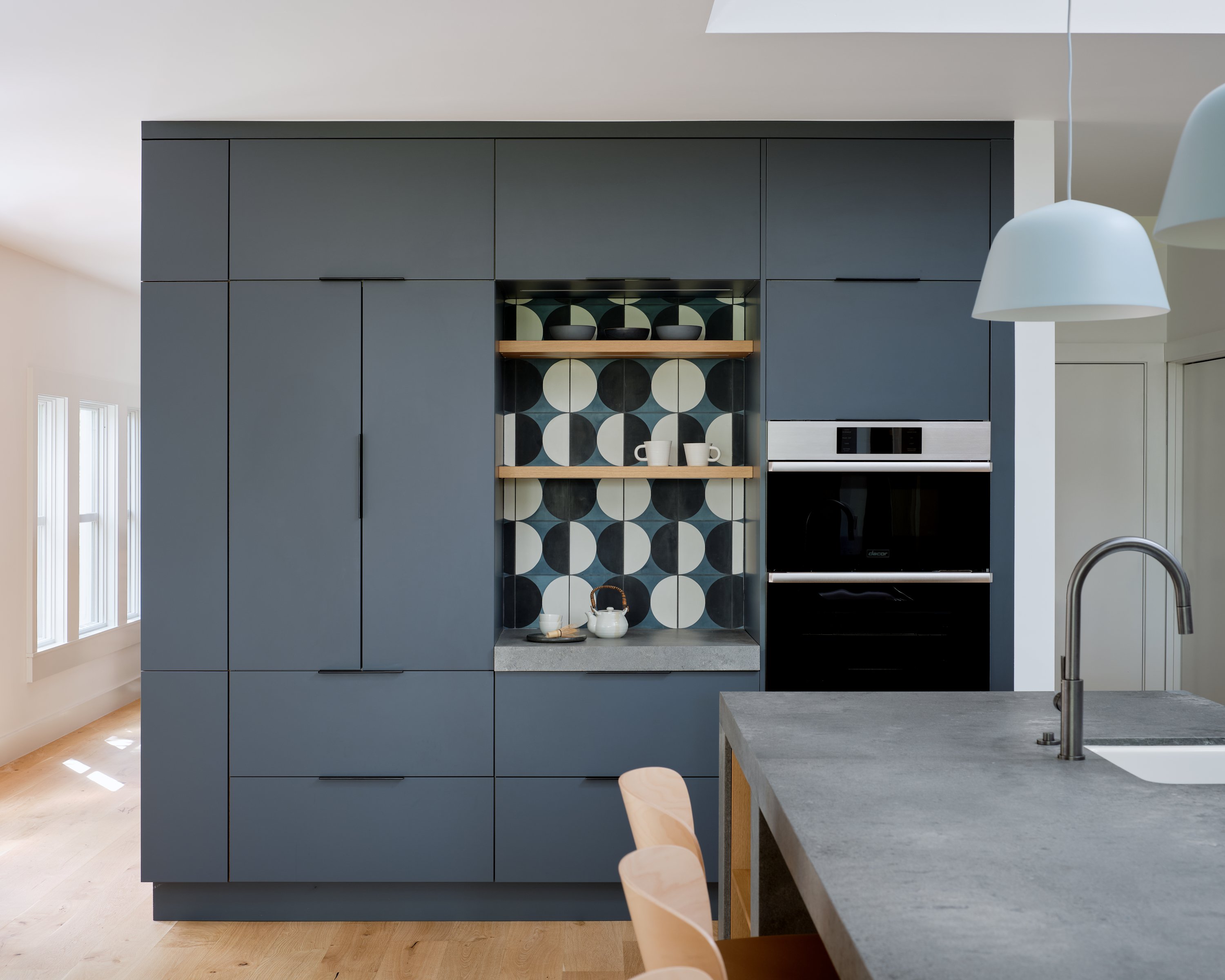
The essential difference between framed and frameless cabinets is in the box construction. You simply have two different construction methods resulting in two distinct looks and functionality features affecting your kitchen design.
Let’s get into the details about the upsides and downsides of each, so you can make the right choice for you or your client. To review from last time, the two main types of cabinetry construction are:
Frameless or European-style & Face Frame or American-style
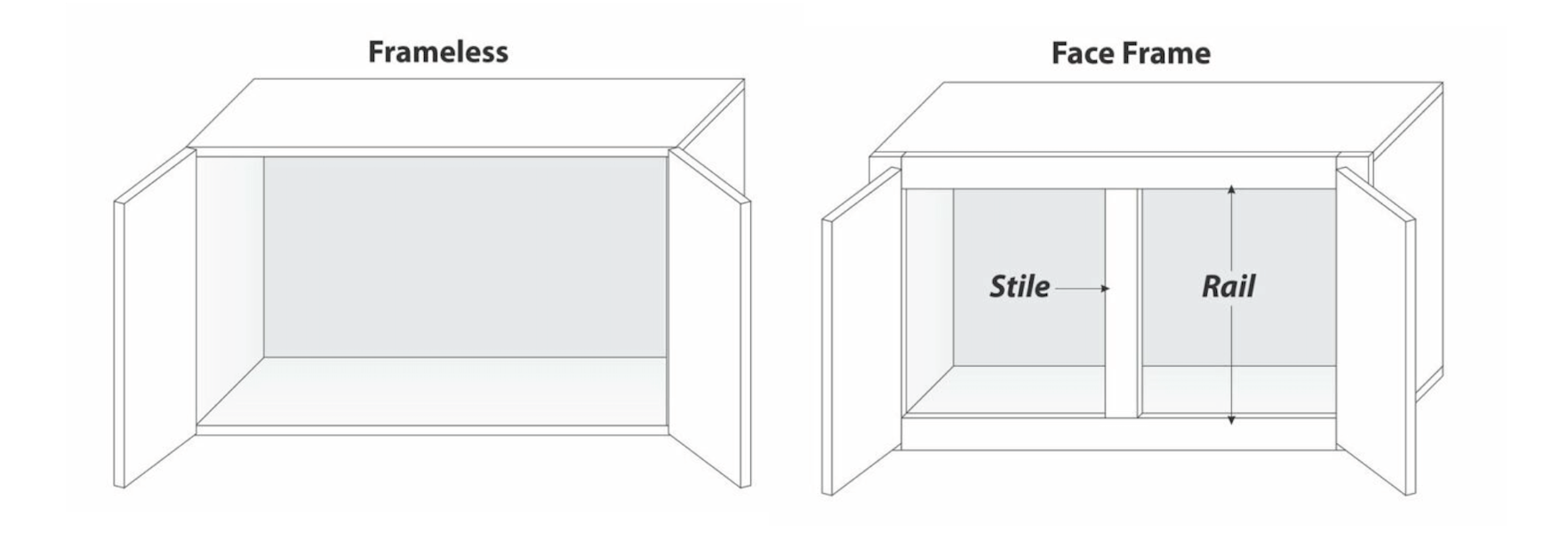
Face Frame Cabinetry
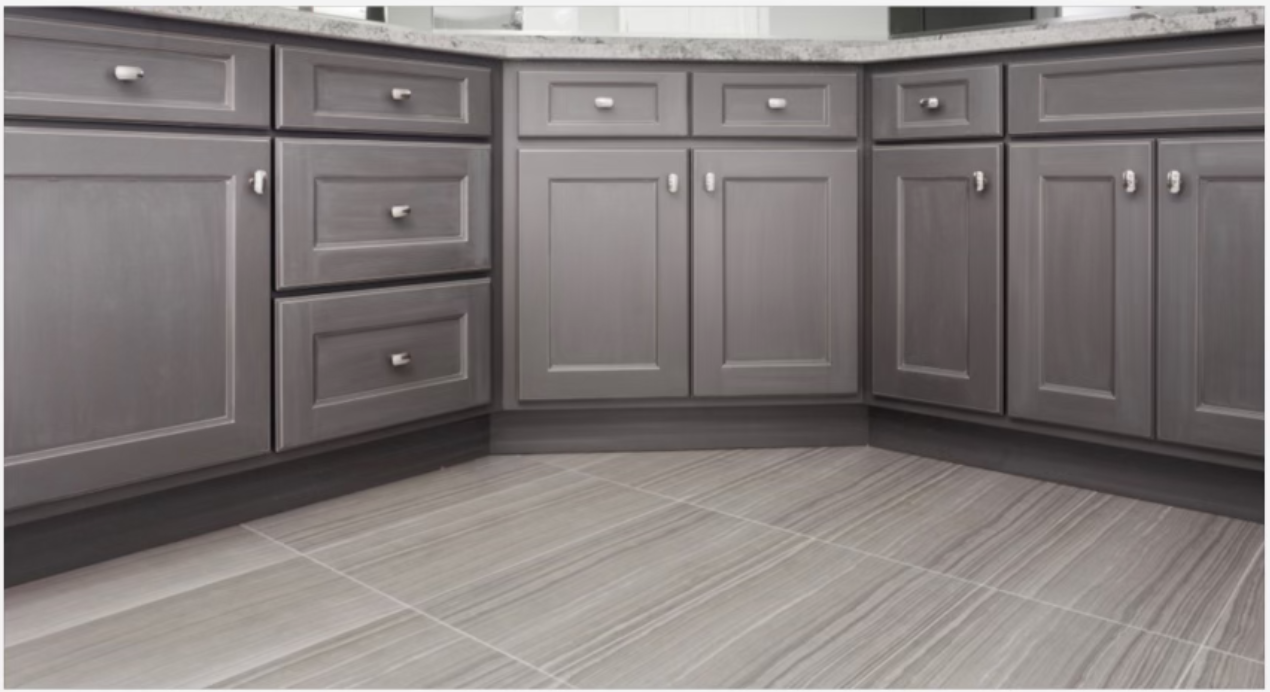
ADVANTAGES-
-
If you prefer an ornate and traditional style with fluting and molding, face frame cabinetry typically has the most options.
-
May have one of two choices for doors: semi-overlay, and an inset door, while in European cabinetry you will only see full overlay doors.
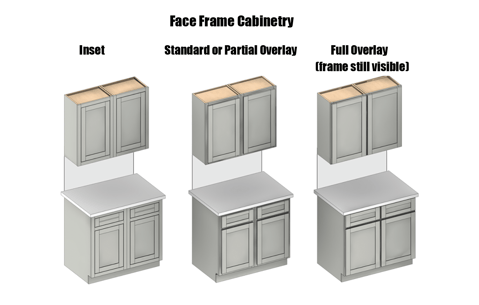
DISADVANTAGES-
Face frame cabinetry is a system linked to the less precise production capabilities of the past. By placing a frame between the front of the cabinet box and the door or drawer front, imperfections like the rough finish of the cut side of the panels and other imprecisions can be hidden.
- Face frame cabinets show large gaps between the doors and drawers as large as 1-2”, showing the wood frame that sits behind.
- The cabinet box used in face frame cabinetry is made from cheaper, thinner materials hidden by the face frame itself.
- For the faces, painted MDF or wood is often used which will fade, change color, and chip, changing the appearance as time goes on. Also, the painting process typically happens in the home with fumes that are toxic to the interior environment.
Frameless Cabinetry
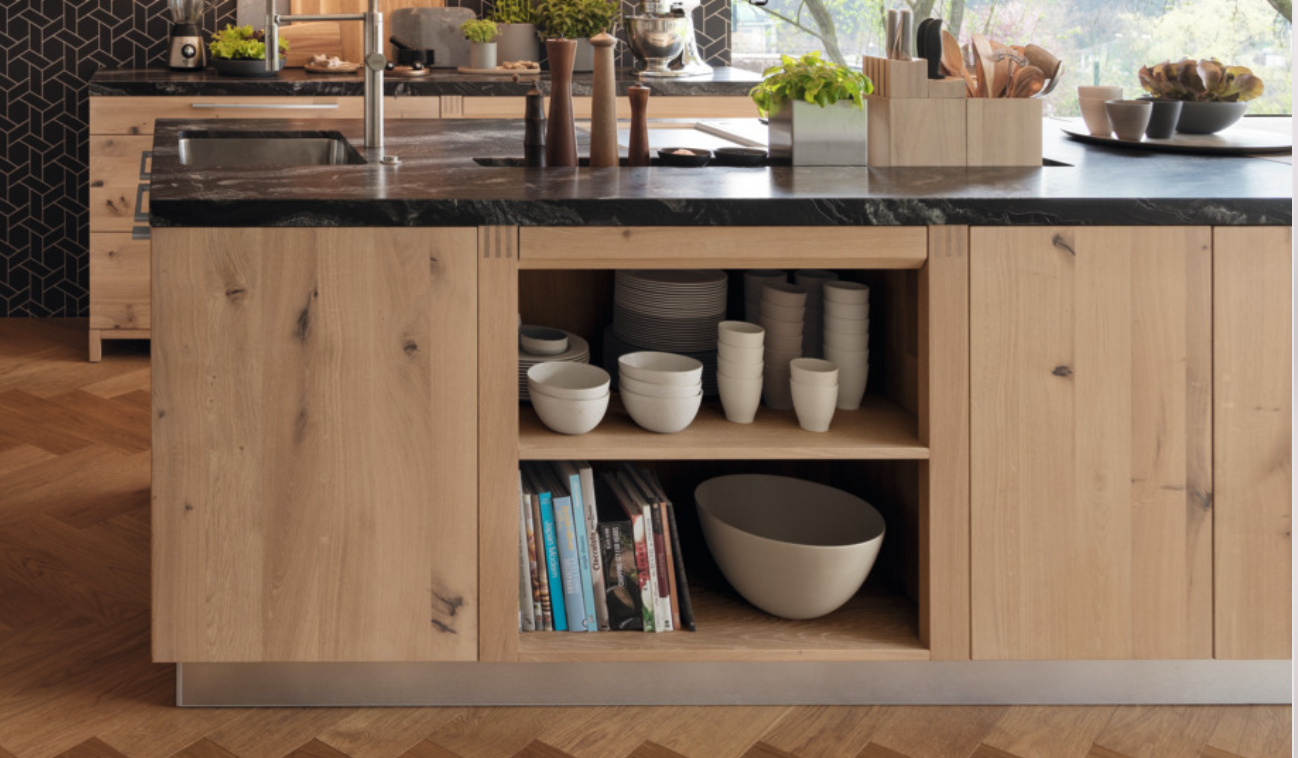
ADVANTAGES-
Thanks to the advent of CNC machinery and screen-to-machine technology, inaccuracies have been drastically reduced. These eliminated the need for the framed construction method and opened the door to the frameless style to become the quality standard.
The flexibility of this construction methodology far exceeds what can be achieved with a face frame cabinet.
-
With this elevated precision comes the ability to control details like alignments, contours, and closures down to the millimeter. This minimizes spaces between door and drawer fronts, creating an aligned surface where the gaps virtually disappear.
-
Modern edge-banding machinery also allows for the finish of the panel’s cut side to be the same as the panel itself now, creating a perfectly smooth, and continuous finish all around and eliminating the need to hide the cut side with the frame.
-
There’s an expansive selection of materials available in this construction method, including more durable and sustainable choices than the typical cabinetry. Also, as technical capabilities have changed, all the state-of-the-art hinges, internal hardware, and accessories have been designed and engineered for frameless style cabinets.
-
A frameless cabinet offers full, unimpeded access to the interior, making them more functional and easy to use. Kitchen activities and storage options shift in positive ways with wide, deep drawers in the kitchen and bath spaces.
-
With frameless cabinetry, it is easy to do a design with open shelving combined with some closed cabinets which are on-trend and is difficult to achieve with face frame cabinetry.
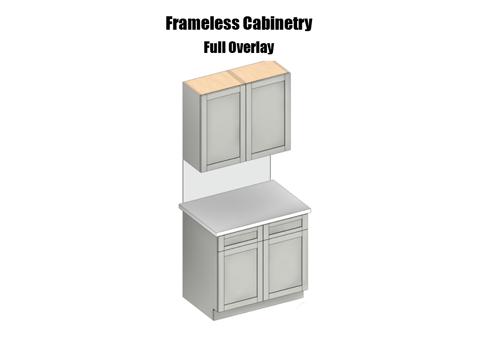
DISADVANTAGES-
-
Frameless cabinetry doesn’t come in a standard overlay or inset construction. A full overlay is the only option.
-
Fillers are implemented judiciously to meet minimum clearances for door and drawer openings.
-
Hinges mounted to the sides of the cabinet need occasional adjusting to maintain the precision of the installation so the cabinet fronts stay aligned.
As design professionals, not having wasted space in our designs is the only way to work.
For the homeowner, frameless cabinetry offers a more refined, organized, and easy to use kitchen experience with unlimited storage and design options. We find these modern advantages give our clients great satisfaction for many years to come.
At LAVISH, we are committed to ingenuity, forward-thinking, and precision cabinetry, made here locally in Central Texas.
Which option do you prefer?
